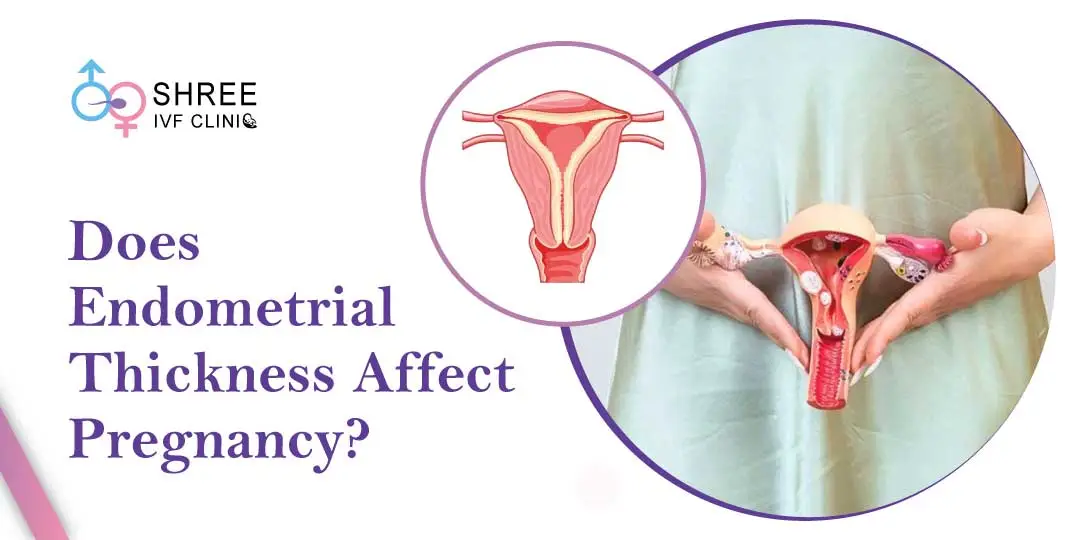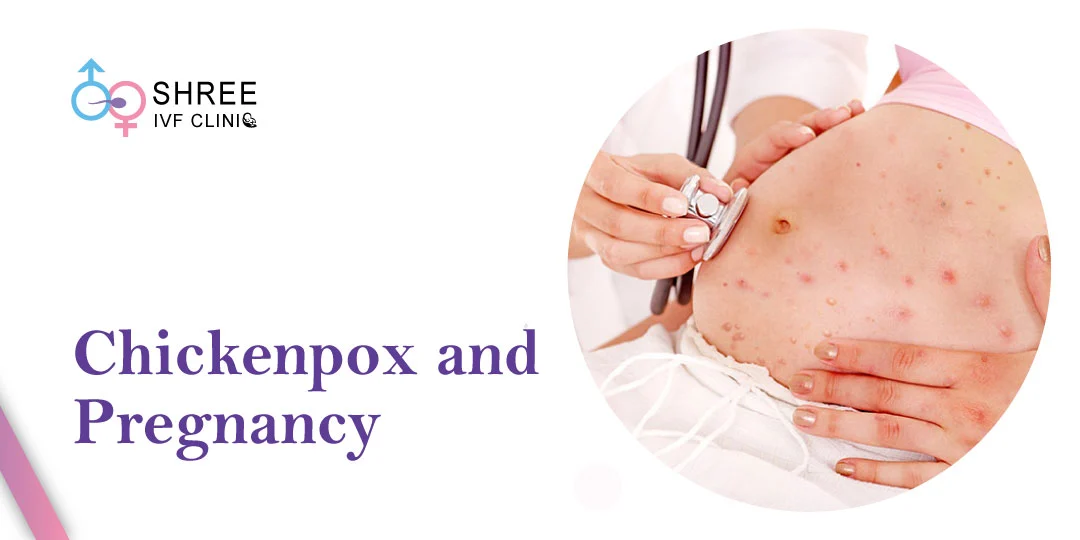Can Watery Sperm Cause Pregnancy?
UPDATED ON 18TH Oct. 2024
Conception is a complex process influenced by various factors, one of which is the quality of a man’s sperm.
A common concern among individuals trying to conceive is the appearance and consistency of sperm. Specifically, there is often uncertainty regarding whether watery sperm, which may be perceived as less potent or healthy, can still lead to pregnancy.
This article aims to explore the potential impact of watery sperm on fertility, dispel common myths, and provide a clearer understanding of the factors that contribute to successful pregnancy.

AUTHOR
Dr Jay Mehta
Scientific Director & IVF Specialist with 10+ years of experience
CONDITION
Pregnancy
GET IN TOUCH ON
The Potential Impact of Watery Sperm on Fertility
Watery sperm, characterised by its less viscous and more liquid appearance, can sometimes be an indicator of underlying issues affecting sperm quality. However, it is essential to note that the consistency of sperm alone does not necessarily determine its fertility potential.
Several factors contribute to a man’s fertility, including sperm count, motility (the ability of the sperm to move efficiently), and morphology (the size and shape of the sperm).
While watery sperm might raise concerns about the concentration and motility of the sperm present, it is not an absolute determinant of infertility.
For instance, low sperm count, known as oligospermia, or poor motility (asthenozoospermia) can indeed affect fertility but may not always be linked directly to the consistency of the semen.
In some cases, lifestyle factors such as diet, stress, or dehydration can influence semen appearance temporarily without indicating any significant reproductive issues.
Therefore, to assess fertility accurately, it is crucial to undergo a comprehensive semen analysis conducted by a qualified & experienced fertility doctor, which evaluates all aspects of sperm health rather than relying solely on visual characteristics.
Common Myths linked to watery sperms
Myth 1: Watery Sperm Always Indicates Infertility
One of the most prevalent myths is that watery sperm unequivocally signals infertility. While consistency can sometimes reflect certain health conditions, it is not a sole indicator of one’s ability to conceive. As previously mentioned, factors such as sperm count, motility, and morphology play a more pivotal role in fertility assessments.
Myth 2: Diet and Hydration Have No Impact on Sperm Quality
Another common misconception is that dietary habits and hydration levels do not influence sperm quality. In reality, a balanced diet and proper hydration are crucial for maintaining optimal sperm health. Nutritional deficiencies or dehydration can temporarily affect the appearance and quality of semen.
Myth 3: Only Men with Perfect Sperm Consistency Can Impregnate
There is a widespread belief that only men with perfectly formed, thick semen can successfully impregnate a partner. This is far from the truth. Many men with varying semen consistencies have fathered children. Comprehensive semen analysis is vital to understanding fertility, rather than assuming based on semen appearance alone.
Myth 4: Over-the-Counter Supplements Can Instantly Improve Sperm Quality
While certain supplements claim to boost fertility instantly, their effects are often exaggerated. Genuine improvements in sperm quality typically require sustained lifestyle changes, including a balanced diet, regular exercise, and stress management. Consulting a doctor before starting any supplements is always advisable.
Myth 5: Age Does Not Affect Male Fertility
Contrary to popular belief, male fertility can decline with age. Although women have a more pronounced fertility decline, men also experience a decrease in sperm quality over time. Monitoring reproductive health becomes increasingly important as men age, dispelling the myth that age has no impact on male fertility.

4,790+
379K+
Factors That Contribute to Successful Pregnancy
Understanding the factors that contribute to successful pregnancy can provide valuable insights for couples trying to conceive.
First and foremost, timing is crucial. Ovulation, the process when an egg is released from the ovary, represents the optimal window for fertilization. Tracking ovulation through methods such as basal body temperature charting, ovulation predictor kits, or monitoring cervical mucus can significantly increase the chances of conception.
In addition to timing, maintaining a healthy lifestyle can play a pivotal role. A balanced diet rich in nutrients, regular physical activity, and adequate hydration can enhance both male and female fertility. Avoiding harmful substances such as tobacco, excessive alcohol, and illicit drugs is equally important, as these can negatively impact reproductive health.
Furthermore, managing stress levels can also make a difference. Chronic stress has been associated with hormonal imbalances and reduced fertility. Techniques such as mindfulness, yoga, and counseling can help manage stress effectively.
Lastly, understanding and addressing any underlying medical conditions, such as polycystic ovary syndrome (PCOS) in women or varicocele in men can significantly improve the likelihood of conception. Regular check-ups and open communication with fertility specialists are invaluable in the journey towards starting a family.
Conclusion
In conclusion, while age can influence male fertility, it is not the sole determinant of successful conception.
By focusing on the fundamental factors that contribute to successful pregnancy—such as optimising timing, maintaining a healthy lifestyle, managing stress, and addressing medical conditions—couples can enhance their chances of conceiving.
It is important to approach this journey with patience and perseverance, seeking guidance and support from fertility experts when needed.
With the right knowledge and proactive steps, the path to parenthood can be navigated more effectively, offering hope and clarity for those aspiring to start or expand their families.
AUTHOR
Dr Jay Mehta
Scientific Director & IVF Specialist with 10+ years of experience
CONDITION
Pregnancy
CALL US 24/7 FOR ANY HELP
GET IN TOUCH ON
Share Article on
Recommended Reading
Endometriosis Thickness and Its Impact on Pregnancy
A good endometrial thickness (8-14 mm) is essential for pregnancy, especially in women with endometriosis. Learn how it impacts fertility and conception
Drinking in Early Pregnancy Without Knowing
Early pregnancy alcohol consumption raises risks of miscarriage and Fetal Alcohol Spectrum Disorders (FASD), affecting the baby’s health and development
Is Chickenpox Dangerous in Pregnancy?
Chickenpox in pregnancy is risky for the unvaccinated, yet if you’ve had it previously, your strong immune defenses protect both you and your baby




